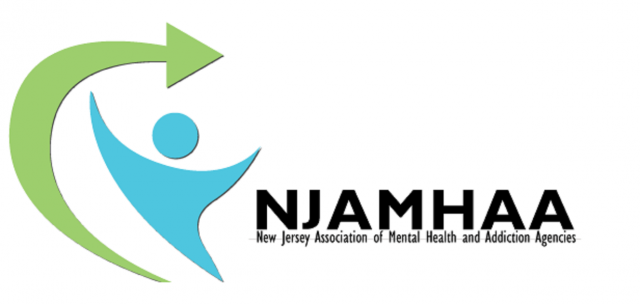December 21, 2021
While the holiday season is a joyful time for many people,
especially for those who are able to reunite with friends and
family after long separations due to the pandemic, this is
unfortunately not the case for many other individuals. Traveling
to see loved ones is still not feasible for a significant number
of people, due to COVID-related and other health issues, as well
as financial restrictions. In addition, individuals who have lost
loved ones, whether caused by COVID or other factors, may be
dreading the holiday season as they feel the absence of those who
were close to them more acutely than at other times of the
year.
The blues can occur not only during the holidays, but also before
and afterwards. Beforehand, the blues could be attributed to
holiday-related stress. Afterwards, they could be a result of any
of the following factors: "crashing" after the emotional and
stressful holiday season; recovering from excessive eating, which
is a common part of celebrations; adjusting to being back at
work; and feeling general sadness because the fun times have
ended and there may be a long wait to again reunite with loved
ones. Regarding food, "sadness, irritability and fatigue are
common following excessive consumption of sugar," Dr. Wentz
noted.
Self-Care Helps Mitigate the Blues
"Self-care is critical at all times and may be more difficult to
focus on during the holiday season, which is often emotionally
trying and stressful. To mitigate the pressure that many feel
during this time of year, individuals are encouraged to manage
their expectations of the holidays; set realistic goals that can
increase their happiness; continue normal routines as much as
possible; and try to not feel obligated to participate in all
social gatherings - especially those with people who may trigger
depression, anxiety or other negative emotions - or exceed their
budgets buying costly gifts for friends and relatives," said
Debra L. Wentz, PhD, President and CEO of the New Jersey
Association of Mental Health and Addiction Agencies
(NJAMHAA).
"Taking care of ourselves also must include recognizing and
addressing depression and anxiety. If self-care techniques such
as exercise and other diversionary activities are not effective
and the emotions increasingly interfere with everyday life,
seeking professional help should be considered," Dr. Wentz added.
Providers of mental health care and substance use treatment
throughout New Jersey can be found on NJAMHAA's website.





